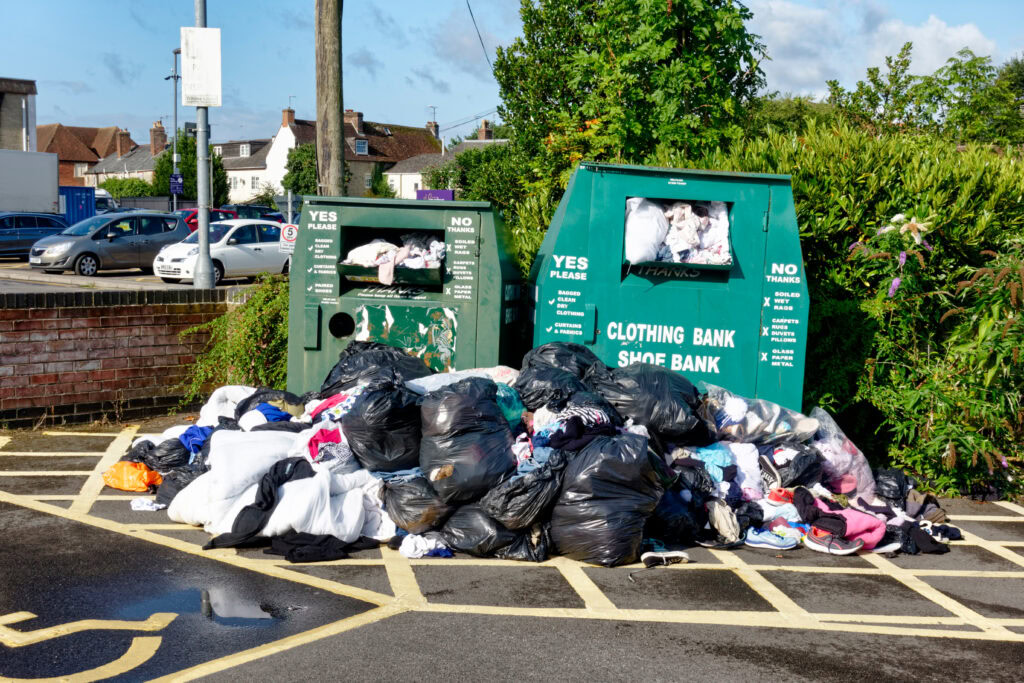I recently read an article in the Financial Times about UK companies’ attitude to Brexit. Apparently only four of the FTSE 100 companies contacted had any strategy in place.
The article hit a nerve, as only a few days before I had been asked a similar question at an Environment Round Table organised by law firm B P Collins where I said I believe we would be better off out of Europe.

In my view, EU regulation is holding us back from competing on the global stage and, if we could get the policy and taxes right in the UK, we could achieve a lot more.
For example, we often talk of European harmonisation on legislation but this is certainly not the case in our industry. The EU currently has over 12 different rates of landfill tax – the French alone have five different bands – so tax simplification has to be one remedy.
Europe
Most environmentalists would probably say Europe has been a good thing. EU-wide negotiations on chemicals, water quality, pesticides and some farming practices have resulted in big wins, but I’m not sure the same could be said for waste.
Our first encounter with EU influence came in the late 80’s/early 90’s, when the UK waste market was opened up to European competition. French companies gained access to contracts previously held by local authorities and, if this was not enough of an assault on the senses, the Conservative government of the time encouraged further competition from the USA.
None of this was wholly a bad thing, they brought much needed capital investment, highly superior working practices, and the sort of long term strategic planning that the industry was crying out for. In fact, everything we wanted to do, but didn’t have the resources for.
Elsewhere in Europe, privately-owned family companies were allowed to flourish unhindered – the success of the Rethmann family in expanding Remondis into one of the largest waste companies in the world is one example.
Competition
It’s a feat no UK waste management company has achieved and indeed, such are the complexities of doing business in these established markets, I can only think of one that has managed to make significant inroads into the European waste management arena.
There have certainly been times when companies like ours felt that the tide was against us.
Excluded from PFI contracts because of our size and unable to muster the multiples for acquisitions, we bunkered down and made the bold decision to maximise our assets. We began a 15-year rolling investment programme at our sites in preparation for the demise of landfill and customers’ demands for more recycling.
Now, rather than focusing on what is an overcrowded and somewhat dysfunctional European marketplace, we are looking to the emerging markets, where the cost of entry is more manageable, albeit the returns are smaller.
Support
These are multi-generational plays which demand support not only from Brussels, but from a UK government prepared to commit long term to its friends overseas.
In conclusion, it is worth remembering that some of the best environmental legislation was born out of Westminster, and that the birthplace of environmental activism was in the USA, Canada and the UK, well before it found its breeding ground in Brussels.
The environmental case for Brexit is certainly not as clear cut as it first appears, global problems demand global solutions and, just because we belong to one club, that should not preclude us from leaving and taking a seat at a larger one where our influence may be greater.












Subscribe for free